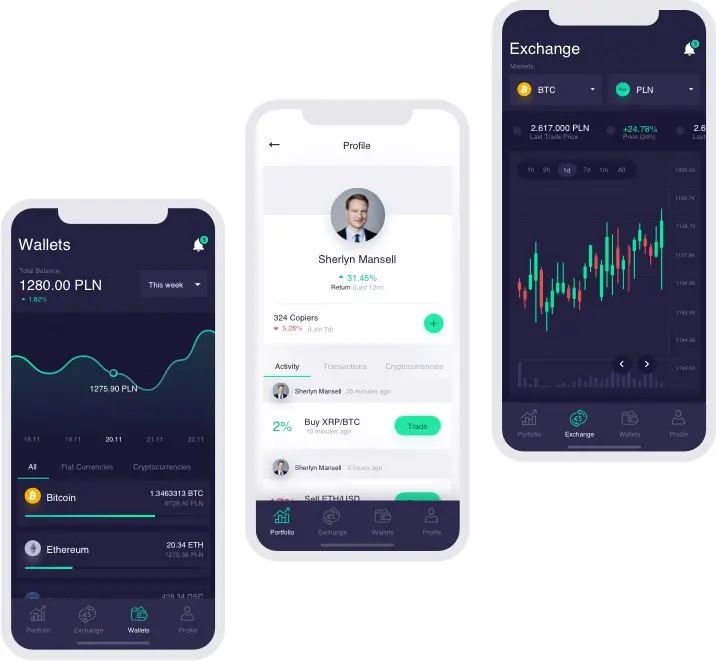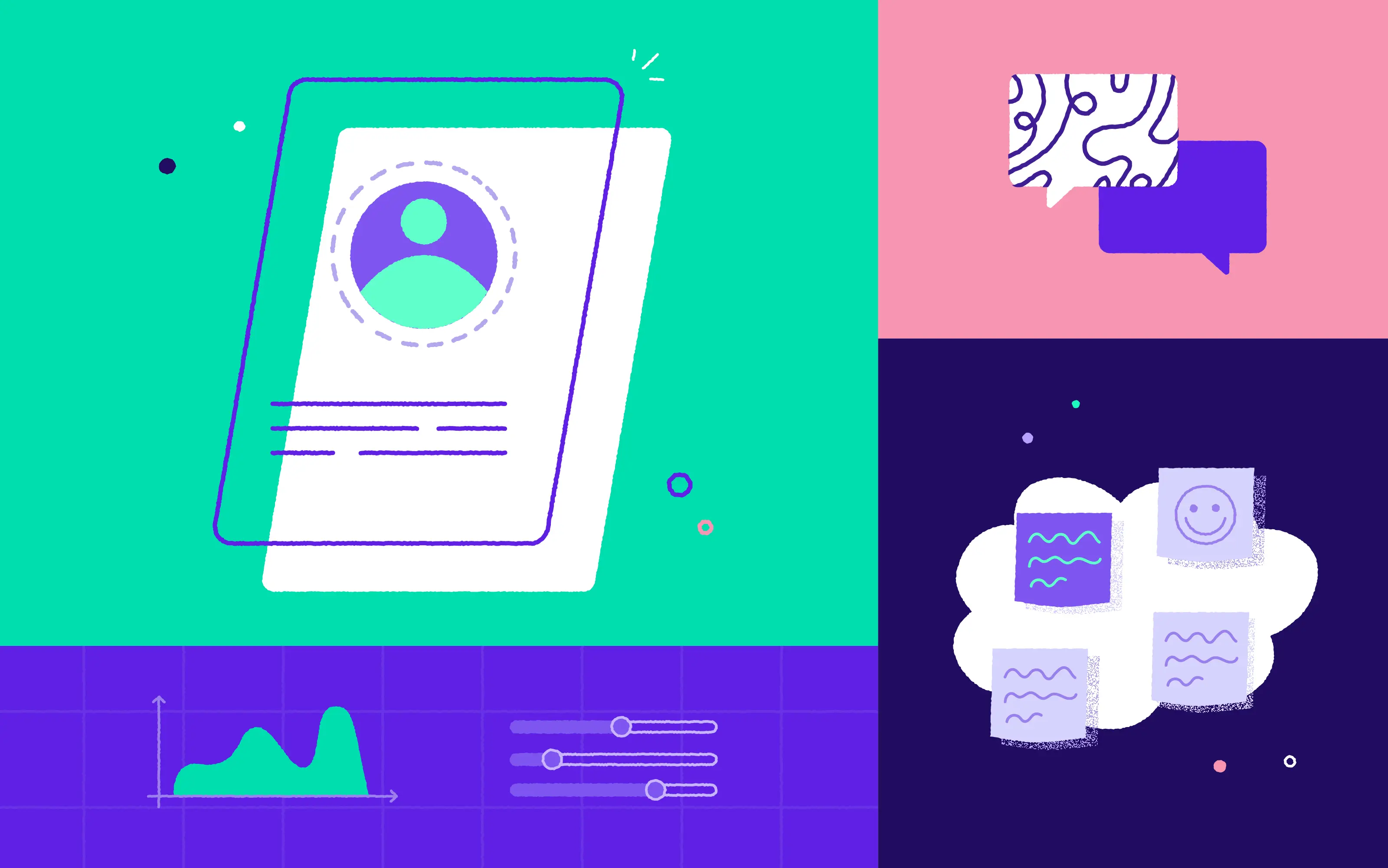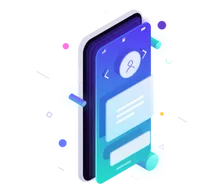What do you risk by not conducting tests?
We all know that failing to conduct tests is a risky business, but we may not be aware of the extent of the risk that we’re undertaking. At the severe end of the spectrum, a failure to test can result in bugs which cause a loss of customers and revenue, may lead to high resolution costs and may have a serious negative impact on your reputation. Read more about the risks involved in our blog post on the subject.






























